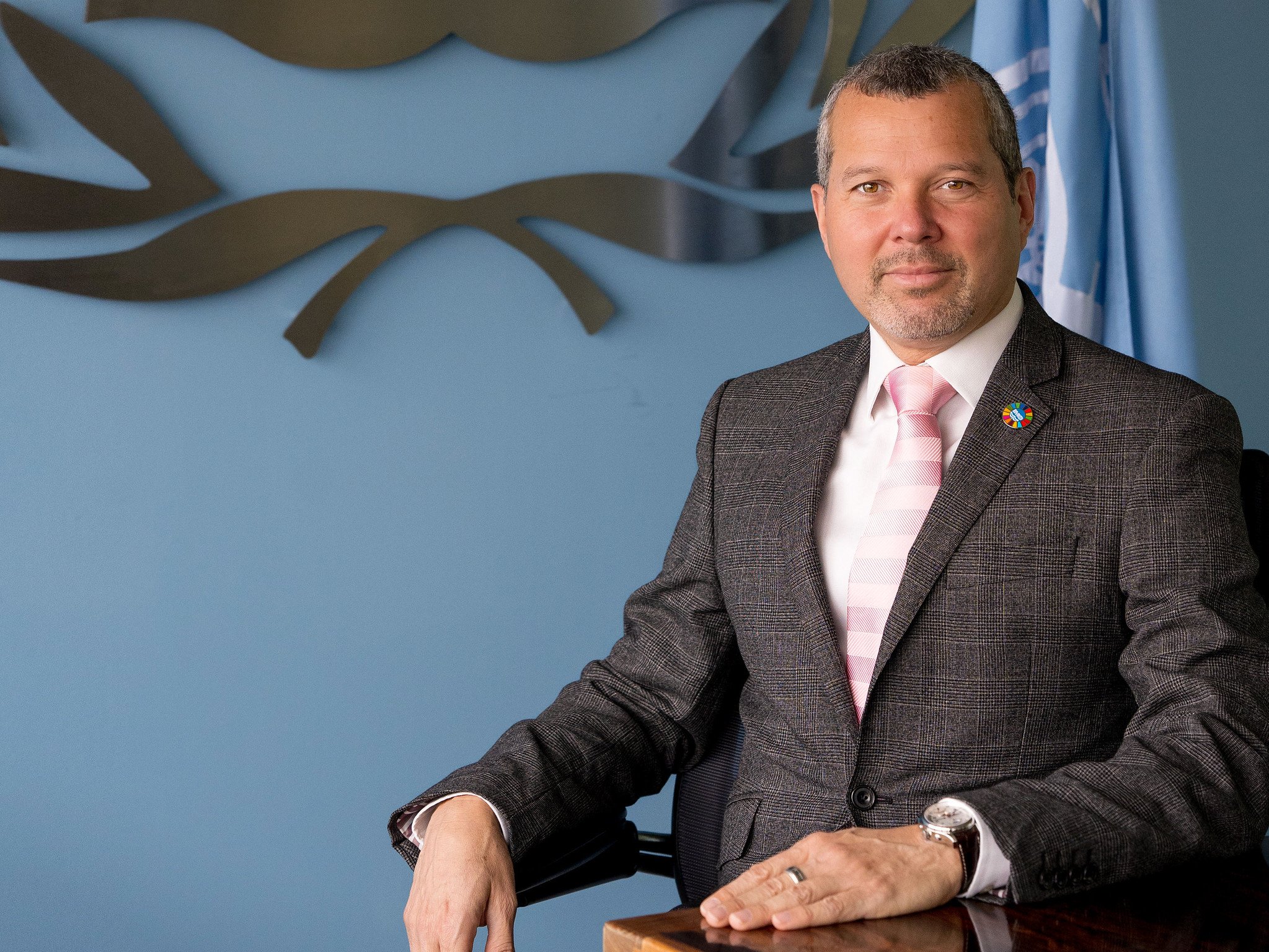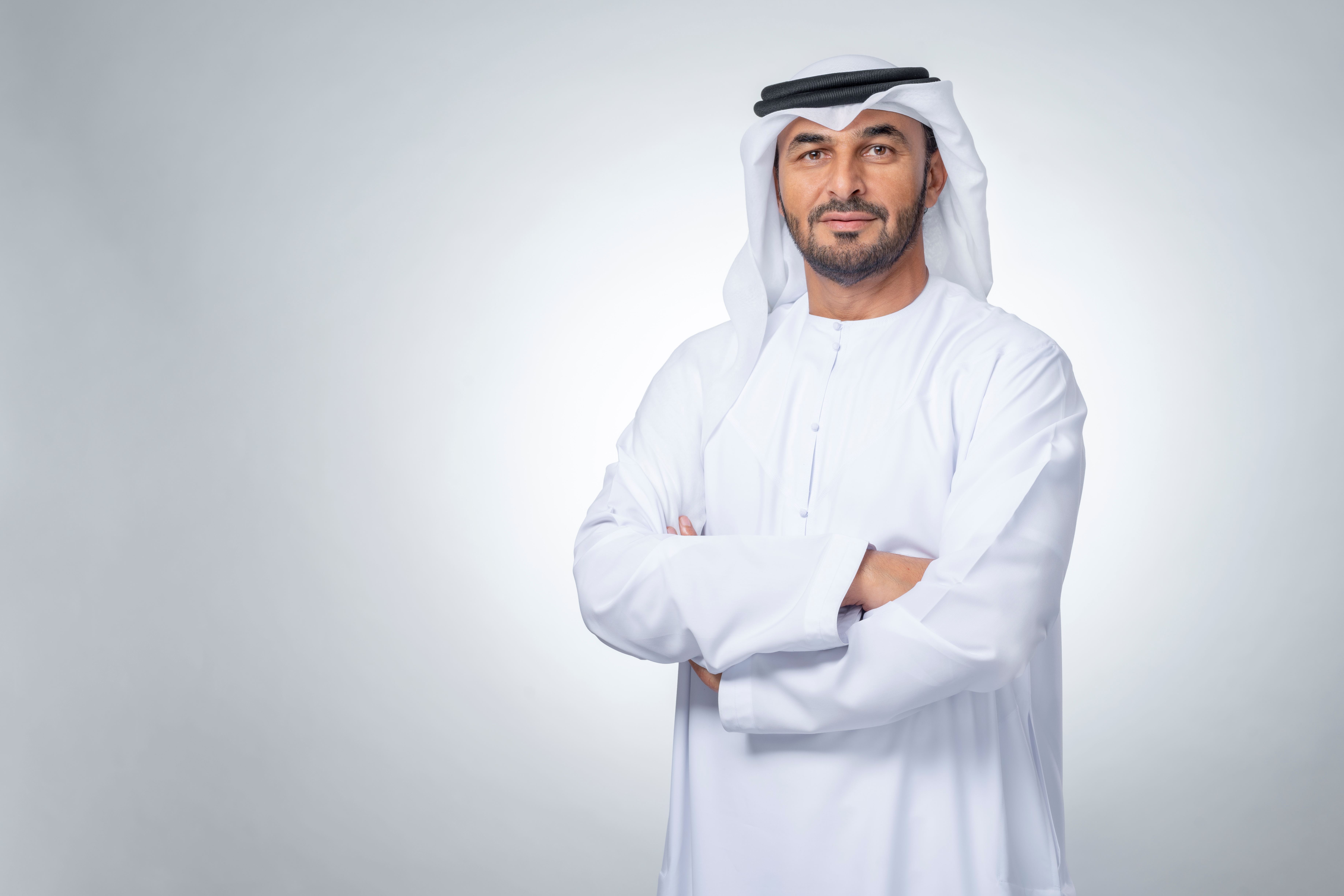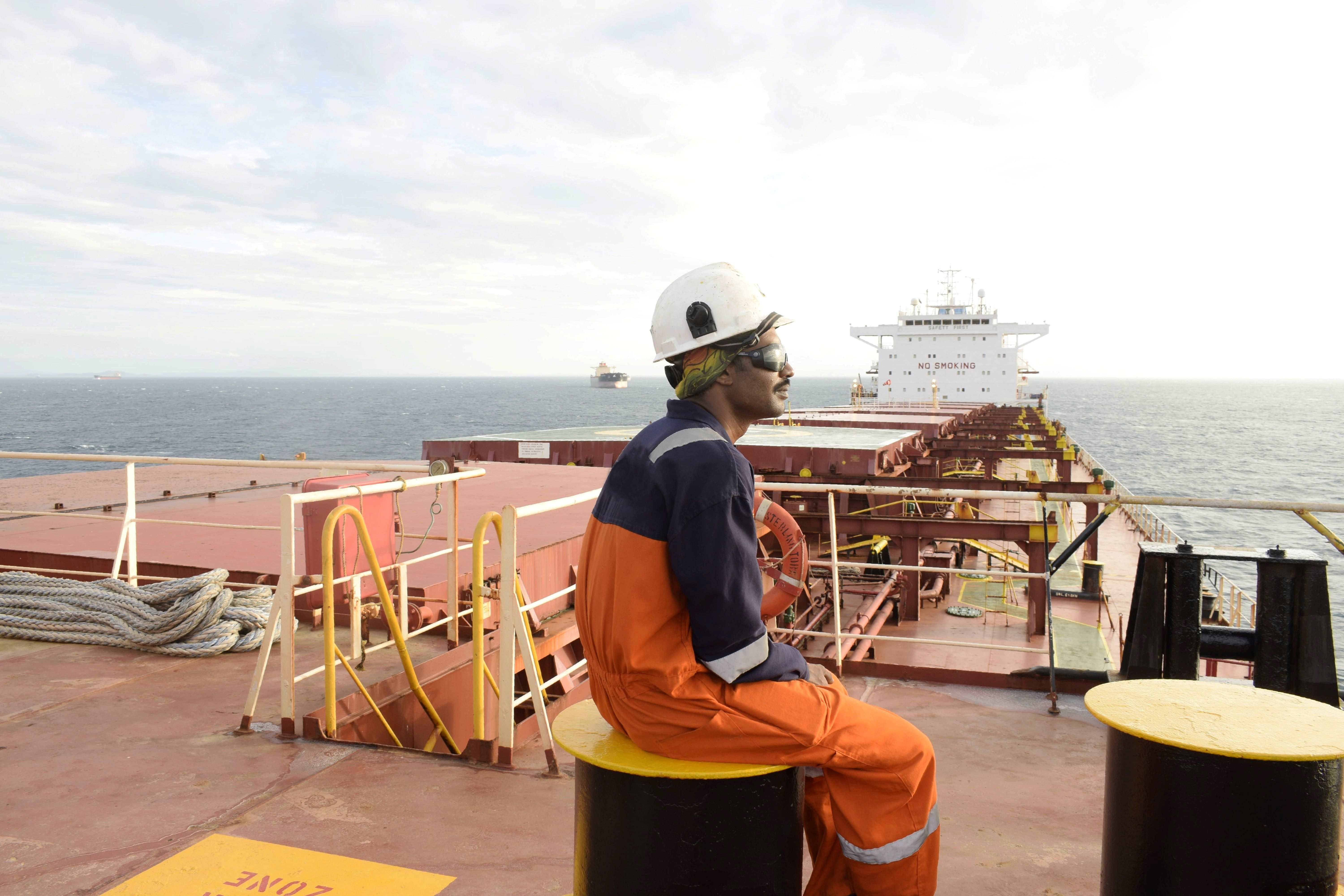Arsenio Dominguez: Evolving IMO for future challenges
Leadership Insights newsletter story
Incoming IMO Secretary-General Arsenio Dominguez speaks to ICS Leadership Insights about his vision for a more outwardly-facing industry and regulator – and how that can help steer shipping through a period of dramatic change.

You are beginning your role of Secretary-General of IMO during what is one of the biggest transitions it has seen in a very long time. What are your core goals and where do you see the challenges ahead?
Decarbonisation is by far the biggest challenge that the International Maritime Organization (IMO) has faced in recent decades. It’s not something that we can do in isolation and is very much in sync with safety, automation, and human element aspects. The decision that the IMO took last July demonstrated the pathway to get to decarbonisation. And that, as well as all these other aspects, will involve players beyond the maritime sector.
Trade may change as well in response to this challenge. But we shouldn’t be afraid to face them and target the opportunities. The reality is that change is not something that maritime has probably always seen as a good thing. But for the future of IMO, we need to demonstrate that change is good and necessary to meet the demands of an evolving world and an evolving shipping sector.
Can you tell us more about how you see IMO’s role evolving in some of its other core areas of responsibility?
The human element and safety continue to be paramount for IMO and probably haven’t received the same level of outside attention as the green agenda in recent years. But the reality is that the IMO was born on safety. The main players are the seafarers, who are such a driving force of this beautiful industry, and we probably haven’t brought them in as much as required into the discussions.
We are going into the STCW Convention revision, which of course is going to take into account both the need for decarbonisation and the way that technologies can support the quality of life for seafarers onboard vessels. It also needs to be recognised that even within the environmental regulations, nothing actually can be put in place that will compromise safety, particularly of seafarers.
Do you think that shipping is sufficiently prepared to cope with recent geopolitical issues and potential ‘black swan’ events? What can be done to improve shipping’s resilience?
I learned during the pandemic how insular we sometimes are in shipping; not everybody was aware of how important shipping is, even some of the United Nations (UN) agencies. If we really want to highlight our importance, as we did during the pandemic, we need to promote ourselves, our industry, and how essential we are, continuously, before major ‘black swan’ events even happen, not during when our voice could be lost in the crowd.
We also need to look at how actions and decisions made outside shipping can be used positively so the industry is not always working in isolation. Part of my vision is that IMO can lead by example with the measures we take internally, such as our internal goals on diversity and inclusion, and then work with member states to demonstrate changes that can actually support this transition. Similarly within the UN, I would like IMO to be one of the agencies that can lead the way, setting an example of how we cooperate with others. We have navigated challenges in the past, including geopolitical situations, and we can continue to do our part to keep trade flowing in a safe and environmentally sound manner, and play our part in contributing towards finding global solutions.
How can shipping close the gap between commercial operating conditions and the requirements of decarbonisation, to marry those two realities together?
It’s important to always listen to commercial concerns and that we always have the objective of a level playing field. But there is a realisation required that we are not all at the same level and do not all have the same capability. So we need early movers that can share experience with others to bring everyone to the stage where we all contribute. Understanding what actions need to be taken for those that are more in need will allow us to move forward, test the areas where we’re still developing, bring back that experience and share it amongst ourselves. In this way, there is productivity even as we continue to develop the regulatory process.
How can IMO support shipping’s decarbonisation journey when some countries have limited resources to implement and enforce IMO regulations? What needs to be done to ensure that we have a just transition?
As we talked about with early movers, it is the same with member states. There are those in a position to act first, to gather information, and it’s about how we translate that. This is constant work that exists within the UN in bridging the gap from north to south and south to south. As someone that comes from a developing country, I know the challenges that are there. The ambitions and the objectives are the same, the realities are slightly different.
One of the key areas that I want to work on is our technical cooperation and capacity building projects, not just to bring on board the maritime sector but also to invite other players. Whenever we go to the different regions and countries, we try to bring onboard the energy sectors, environmental agencies, and other transport sectors, so they better understand what we do.
What is the IMO doing to make sure that seafarers are prepared for these future challenges?
During a recent visit on a ship I had a really good opportunity to speak to a captain, who opened up about the challenges of Covid-19. How seafaring is a career that he really loves, but during the pandemic it became a challenge for him to promote it. He talked about how he felt a lot more could be done and then he stopped talking because he thought he would be blacklisted from IMO. But on the contrary, this is what we need to be faced with, not just what we’ve thought up inside this building but what we get from the people out there that are actually using our regulations.
Shipping is a career like no other. We need to work better on the rights of seafarers. It is important to bring them to the table. We need to look into how we make the life of the seafarer better, but that doesn’t come from us sitting in our offices, it comes from dialogue and using their personal experiences on board the vessels.
How is IMO looking to harness new technology to improve the safety of shipping in general? Do you think a bold target like aiming for zero accidents will ever be feasible?
Stopping accidents is a goal of the IMO. We need to be assured that we are adopting the right technologies for the right reason. We started with navigation and SOLAS, now we’re evolving the STCW Convention, which gives us another opportunity to see what else can reduce human error. It’s also important to enhance the analysis of casualty investigations and transparency in reporting of safety incidents. Over the years we’ve talked about big data, but sometimes the data is difficult to obtain.
When it comes to accidents and analysis, I support the kind of approach others take, for example the airline industry, and give ourselves a target to reduce accidents – and yes, even aim for zero accidents. It’s a welcome approach and we need to focus on the right technology to get us there.
And finally as the figurehead for shipping’s regulatory body, what concerns keep you up at night?
Rather than worries or concerns keeping me up at night, it is actually all the thoughts that I have to make IMO better, to make the maritime community better. Shifting the IMO to a more forward-looking one; a diverse entity that takes on board constructive criticism and looks to engage better with everyone. So what keeps me up at night really is just thinking, what else can we do? As good as we are, we can always be better.
Related content

Captain Abdulkareem Al Masabi: Shipping’s shared prosperity

Alternative fuels revolution an opportunity to boost trade resilience

Elpi Petraki: Progress for all
